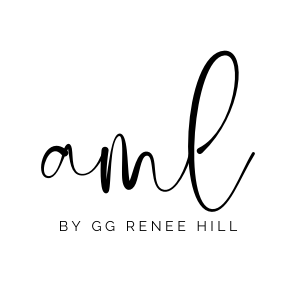writing to heal
This post and reflection exercise are part of a series that Inner Story and Layers Subscribers receive on a weekly basis to support them in discovering themes and storylines for writing about their lives. You can learn more here.
From Psychology Today: “Expressive writing comes from our core. It is personal and emotional writing without regard to form or other writing conventions, like spelling, punctuation, and verb agreement. Turn off your resident Dr. Comma Splice. Expressive writing pays no attention to propriety: it simply expresses what is on your mind and in your heart.”
We will start our exploration of showing and telling here with expressive writing, a form that liberates us to pay no mind to creative writing techniques and devices. A form we can use to listen to our voices, process our emotions, and discover our stories without filter or editor restricting the flow. While the form, developed by Dr. James Pennebaker and his associates in the late 80’s, liberates us to write without grammatical rules, it does have some requirements.
To experience the healing benefits of expressive writing, it’s not enough to vent raw emotions or write about surface happenings. According to Louise DeSalvo, who explores Dr. Pennebaker’s method in detail in her book Writing as a Way of Healing, she says “We must write in a way that links detailed descriptions of what happened with feelings—then and now— about what happened.“
The expressive writing process includes reflecting on a significant, emotionally transformative personal event and first writing in detail about the facts that occurred, then writing about your feelings. The idea is that this process leads you to reflections on what you learned from the event and the meaning you assign to it which has documented health benefits like reducing stress, lowering blood pressure, and strengthening the immune system. It also frees up cognitive resources and access to creative thinking.
We are here in Inner Story to write for healing, just as much as we are here to write for creative expression. Too often, we become paralyzed by narrative rules and devices before we give ourselves the chance to face our memories and feelings and integrate them into our current sense of self. We try to rush the transmutation of emotion into art; expecting observation, discovery, revelation, and polish all to take place in one sitting. As an alternative to this, I’d argue that expressive writing is an ideal pre-writing practice to prepare us for turning our reflections into compelling, consumable stories that reflect universal truths.
REFLECTION EXERCISE
For 15-20 minutes a day over a series of three days, write about a significant, emotionally transformative event that took place in the last two years. I suggest the two-year timeframe to narrow down the scope and increase the chances that your memory will be fresh, but feel free to deviate.
First Day | Write down words, notes, phrases, sentences that come up when you think about the emotionally transformative event or moment. Write as many factual and observational details as you can. I chose to write about when my son unexpectedly moved out in the fall of 2021. Write every detail you can recall, nothing is too small to describe. If you run out of things to say before time is up, zoom out and/or zoom in, whichever one offers more recollections. An example of zooming out is: What was going on in the world at the time? An example of zooming in is: What were you wearing?
Second Day | Write about how this event affected you emotionally at the time. Explore your internal landscape. Link your feelings to the specific facts you described in the first session. What did you feel? Why did you feel this way? How did these feelings about this situation affect the rest of your life? If you run out of things to say before the time is up, look at a line you already wrote and ask yourself: What else is this connected to?
Third Session | Write about your perspective on this event now. Explore the things you know now that you didn’t know before this happened. What did you learn or discover? How and when did your knowing change? What meaning do you assign to this experience? What questions remain? How does your experience reflect the human condition?

